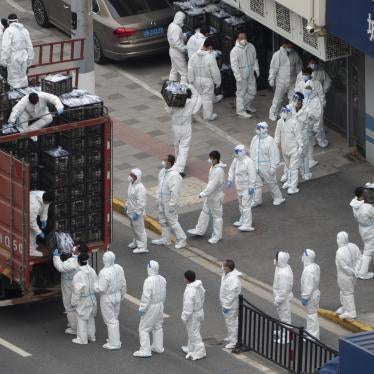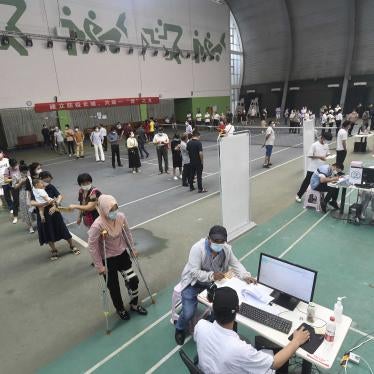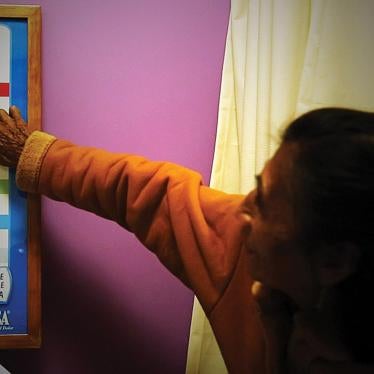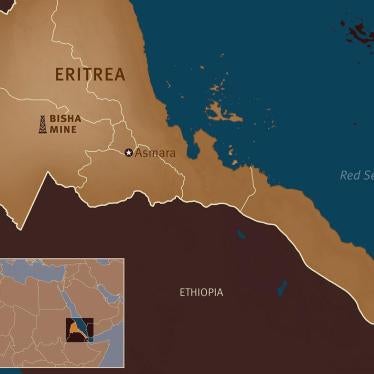As of May 18, 2009, 40 countries have officially reported 8,829 cases of influenza A (H1N1) infection. Sixty-eight deaths have been reported in Mexico, four in the United States, one in Canada and one in Costa Rica from the new flu strain.
Fears about the spread of disease can lead to calls for restrictions on the rights of individuals infected or believed to be infected. While some limitations can be justified for the sake of public health, they should meet internationally accepted legal standards, including that they be based on scientific evidence, of limited duration and respectful of human dignity. They also should be directed toward a legitimate objective of general interest and be the least intrusive and restrictive method available to reach that objective. Further, restrictions should not be discriminatory, whether through intent or impact, on grounds such as race, nationality, gender, or religion.
As confirmed cases continue to accrue, it is important for governments to adopt effective public health strategies rather than imposing measures that are designed to show that they are taking strong action but that in reality discriminate, restrict rights, and have little positive public health impact. Governments should also make certain that they are providing accurate information to the public and to individuals who are affected or infected.
The media have a critical role in promoting transparency and accountability. The media were quick to raise concerns that 300 guests and staff at the Metropark Hotel in Hong Kong, where a Mexican guest tested positive for the new flu strain, were treated roughly by the police and did not receive accurate or detailed information on their situation from the authorities throughout their week-long confinement. According to Agence France-Presse (AFP), many guests and staff learned only from television newscasts that the quarantine would last for seven days.
The reports of discrimination are even more alarming. Human Rights Watch has been concerned by reports that Chinese authorities are targeting Mexicans for quarantine both when they arrive at airports and in their homes in Beijing. AFP reported that authorities in airports are pulling Mexican citizens aside to take their temperatures and confining them even if their temperature readings are normal, while taking less restrictive steps for non-Mexican citizens on the same flights.
Spanish-speaking residents of Beijing have told Human Rights Watch that quarantine measures in the city are extending even to Mexicans who live in Beijing and who have not recently visited Mexico. Mexico's foreign minister has said that Mexican citizens with no signs of infection have been isolated in "unacceptable conditions" in China. A spokesman for the United Nations human rights commissioner said on May 8 that quarantining people for suspected swine flu on the basis of their nationality is a "clear-cut case of discrimination," noting specifically that Mexicans who showed no flu symptoms and who have not been in Mexico in the past week are "clearly no more likely to be carrying the H1N1 flu virus than any other resident."








